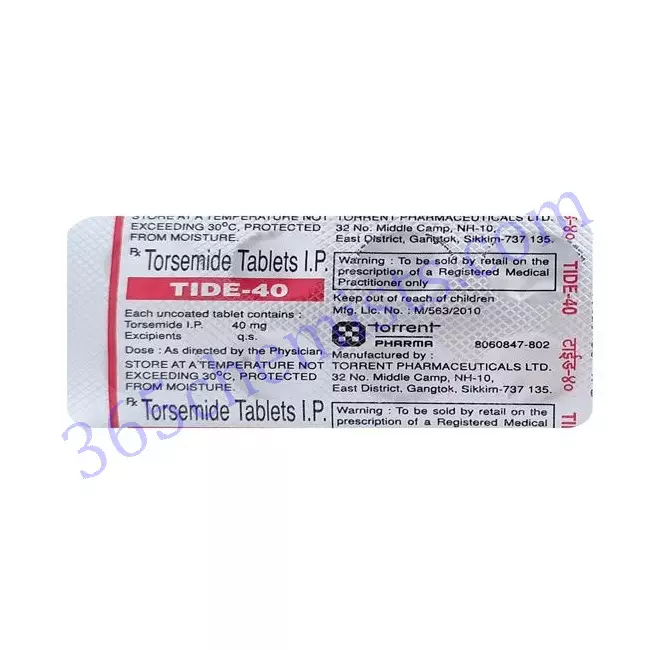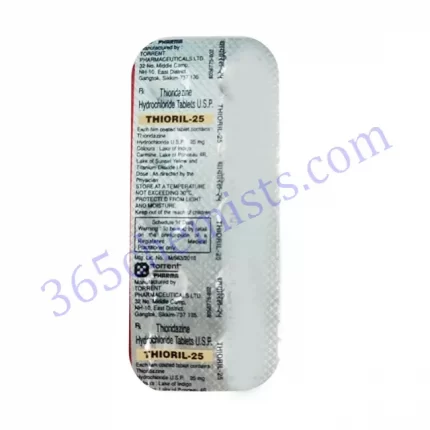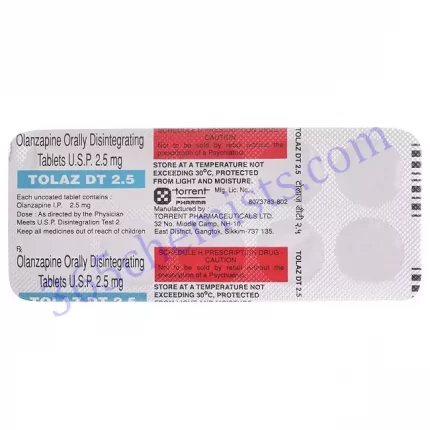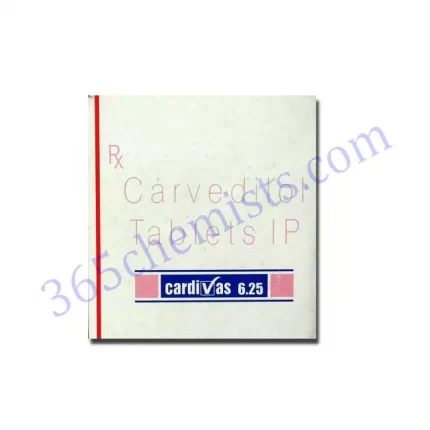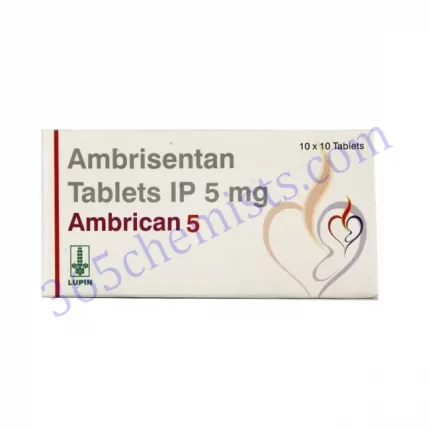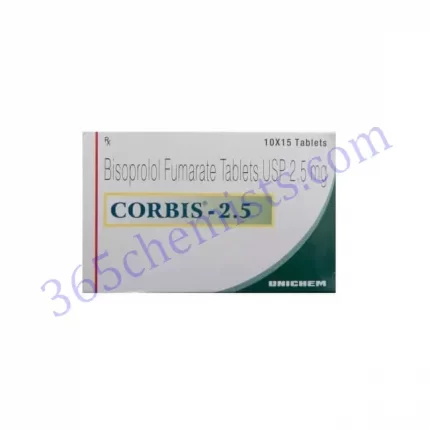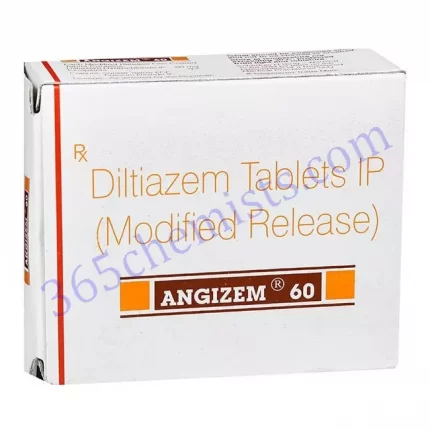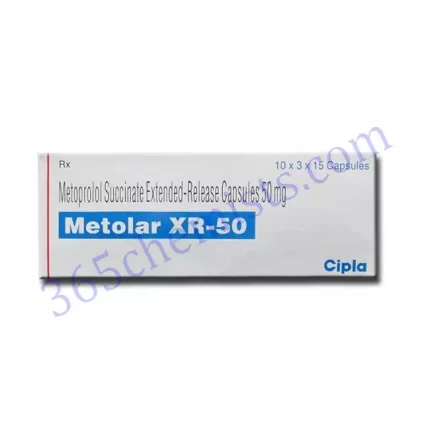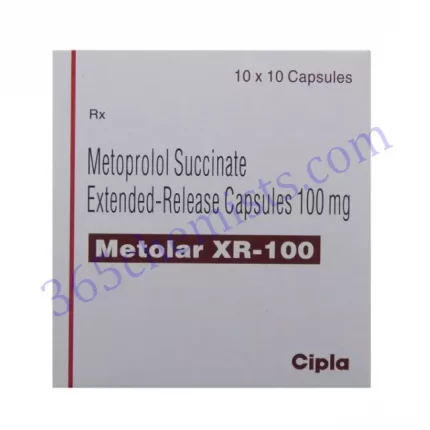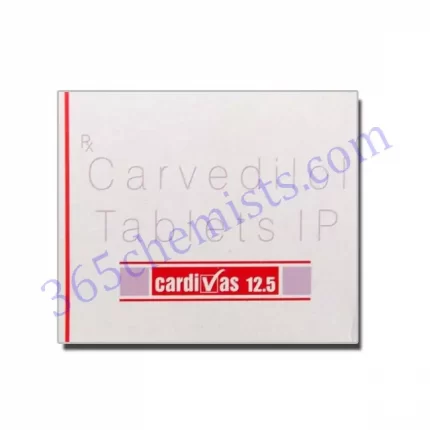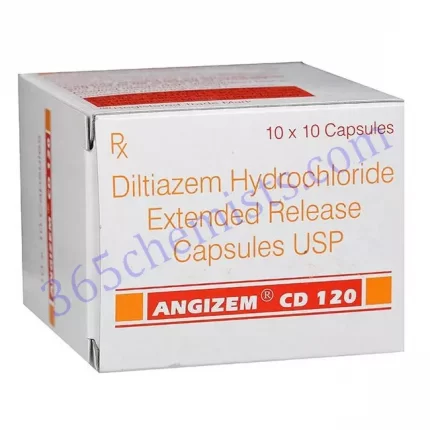Tide 40mg Tablet: A Comprehensive Description of Torasemide 40mg
Tide 40mg Tablet is a form of treatment that is characterised by the presence of torasemide as its primary active component. This medication, which is classified as a loop diuretic, is typically recommended for the treatment of edoema (also known as fluid retention), which can be caused by conditions such as congestive heart failure, kidney disorders, and liver cirrhosis. Torasemide is effective because it causes an increase in the amount of water and electrolytes that are excreted by the kidneys, which leads to a reduction in the amount of fluid that is retained in the body.
Composition:
Torasemide, the active ingredient in Tide 40mg Tablets, is present in dosages of 40 mg in each tablet. In addition to that, the tablet’s formulation and manufacturing process necessitate the inclusion of a number of other ingredients that are inactive.
Mechanism of Action:
Torasemide inhibits the sodium-potassium-chloride symporter by acting on the ascending limb of the loop of Henle in the kidneys. This is where the loop of Henle is located. Torasemide works by preventing the reabsorption of these ions, which causes an increase in the amount of water and electrolytes that are eliminated from the body. This includes sodium and chloride. This results in an increase in the production of urine as well as a reduction in the volume of fluid, which ultimately helps to relieve edoema.
Indications:
The primary purpose of the Tide 40mg Tablet is to assist in the management of edoema brought on by conditions such as congestive heart failure, renal impairment, and liver cirrhosis. In order to achieve optimal control of fluid balance and blood pressure, it is frequently combined with other medications such as angiotensin-converting enzyme (ACE) inhibitors or angiotensin receptor blockers (ARBs). It is best for a qualified medical professional to evaluate each individual patient and the underlying condition before making a decision about whether or not to prescribe this medication.
Dosage and Administration:
It is possible for the recommended dosage of Tide 40mg Tablet to change based on the patient’s current condition and how well they respond to treatment. It is essential to take the tablet in the manner recommended by the medical professional and adhere to the dosage that has been prescribed. It is possible to increase the initial dose that is recommended for adults from 5 mg to 10 mg once daily if it is determined that this is required. Oral consumption of the tablet is appropriate either with or without food. To keep the levels of the medication in your blood from fluctuating too much from day to day, it is essential to take it at the same time every day.
Contraindications and Precautions:
Patients who have a history of hypersensitivity to torasemide or any of the other ingredients contained in the tablet should not take the Tide 40mg Tablet. Patients who have a history of hypersensitivity reactions to sulfonamides or anuria (a condition in which the patient produces no urine) should not be given this medication. Patients who have impaired renal function, electrolyte disturbances, or hepatic impairment should be treated with extra caution when taking this medication. It is important to keep the healthcare provider informed of any preexisting medical conditions, such as allergies, as well as any medications that are currently being taken, in order to prevent any potential adverse drug interactions.
Adverse Effects:
Tide 40mg Tablet, like any other medication, has the potential to cause negative side effects in some people. The symptoms of excessive urination, dizziness, headache, muscle cramps, and electrolyte imbalances are among the most frequently reported adverse effects. During treatment with torasemide, it is essential to perform regular checks on electrolyte levels, paying particular attention to potassium and sodium. Allergic reactions, severe skin reactions, liver or kidney dysfunction, and other rare but serious side effects may occur in extremely rare instances. It is imperative that you seek immediate medical attention in the event that you experience any side effects that are severe or unusual.
Drug Interactions:
There is a possibility of an interaction between Tide 40mg Tablet and other medications, such as nonsteroidal anti-inflammatory drugs (NSAIDs), lithium, digoxin, and other diuretics. It is essential to keep the healthcare provider informed about any and all medications that are being taken, including over-the-counter medications and herbal supplements, in order to prevent adverse effects that could be caused by drug interactions. Should it become necessary, the healthcare provider has the ability to alter the dosage or select an alternative form of treatment.
Conclusion:
The Tide 40mg Tablet, which is comprised of the active ingredient torasemide, is an efficient medication for the treatment of edoema brought on by a variety of medical conditions. It accomplishes this by stimulating the kidneys to excrete more water and electrolytes, which leads to a reduction in the accumulation of fluid throughout the body. Before beginning treatment with this medication, it is essential to confer with a qualified medical professional who can evaluate the specific requirements of the patient, as well as determine the correct dosage and treatment strategy. Follow-up visits, as well as routine monitoring of electrolyte levels and kidney function, are absolutely necessary in order to assess the efficacy of the medication and effectively treat any potential adverse effects that may arise.

